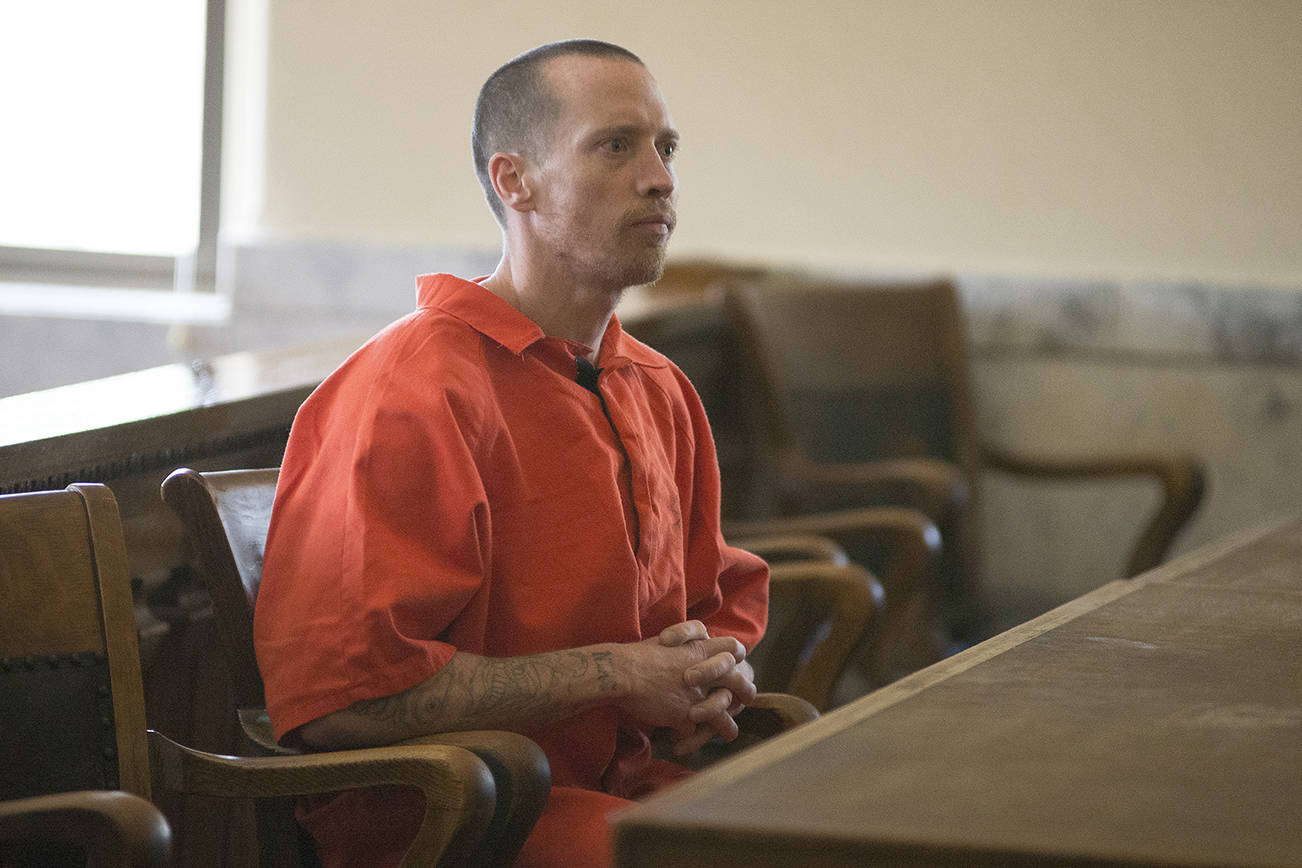Washington’s Supreme Court, in a split decision last week, held that a life sentence for juveniles convicted of aggravated murder constitutes cruel punishment and is therefor violates the state’s constitution.
The justices ruled 5-4 that courts may not impose a minimum term of life on 16- and 17-year-old offenders as it would result in life without parole. The decision comes after the unanimous ruling earlier this month, declaring capital punishment as unconstitutional.
Washington joins the 20 states and Washington D.C. that’ve abolished life without parole for juveniles.
“The direction of change in this country is unmistakably and steadily moving toward abandoning the practice of putting child offenders in prison for their entire lives,” wrote Justice Susan Owens in the majority opinion. “The United States Supreme Court and this court have concluded that children are less criminally culpable than adults.”
The dissenting justices argued that the ruling simply reinterprets the U.S. Supreme Court’s 2012 “Miller decision” — from the Miller v. Alabama case that examined juvenile sentences — and had no basis in state law.
“Not only is this contrary to the holding in Miller itself, which does not categorically bar LWOP (life without parole) sentences for juvenile homicide offenders,” wrote Justice Debra Stephens in the minority opinion, “it also departs from state precedent rejecting similar constitutional challenges and upholding judicial sentencing discretion.”
The dissent argued that judges were already required to carefully consider mitigating factors to account for the “diminished culpability” of juveniles, as provided in the Miller decision.
“I respectfully dissent,” Stephens wrote. “I would hold that the provision of Washington’s Miller-fix statute… ensures that [life without parole] will rarely be imposed on juveniles who commit murder.”
The Oct. 18 ruling upheld a state Court of Appeals decision from April 2017 for the 1995 case of Brian Bassett, 39, from McCleary, Grays Harbor County.
Bassett, at the age of 16, killed his parents with a stolen rifle and drowned his 5-year-old brother in a bathtub. A judge convicted him and sentenced him to life without parole in 1996, which was mandatory at the time.
After the Court of Appeals’ ruling, Grays Harbor prosecuting attorney Katie Svoboda asked the Supreme Court to review the case.
“There were actual victims in this case and they still have family and friends in this community, and this crime damaged this community,” Svoboda said after the Court of Appeals decision. “It is unfair to keep opening this wound. Also the judge did everything correctly in this case and that should have some weight, too.
“I don’t think Mr. Bassett has done anything in his life to make me think he is deserving of a second chance,” she added. “I am going to fight tooth and nail to make sure that [the sentence] is enforced.”
In an interview with The Seattle Times, Svoboda said she is frustrated by the Supreme Court’s ruling.
“When someone commits a triple homicide like Bassett did, that wasn’t a youthful impulse kind of crime, like a drug deal gone bad or a robbery gone bad,” she said according to The Seattle Times. “It was a premeditated triple homicide crime, including a 5-year-old child who was drowned in a bathtub. I think the facts of the case matter and the victims matter.”
The U.S. Supreme Court had banned automatic life sentences for juveniles in 2012. Washington judges cannot sentence a juvenile to life without parole and current inmates who were convicted to life without parole as juveniles can have their sentences reconsidered as provided by a 2014 law.



